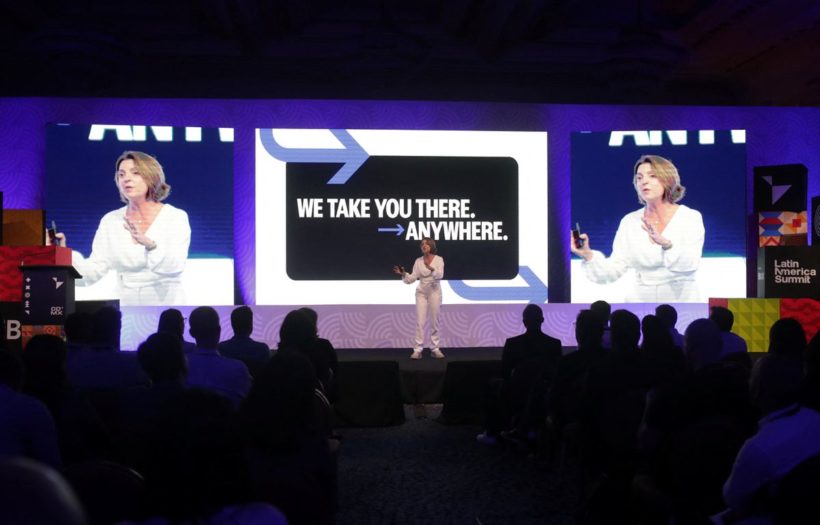
MEXICO CITY, Sept 13 (Reuters) – Brazilian fintech company Ebanx S.A. on Tuesday said it has expanded into Africa, where it hopes to replicate its fast growth in Latin America by placing a greater emphasis on the digital payments side of its business.
The company started operations in Kenya, South Africa and Nigeria in late August amid soaring demand for payments via mobile phones in recent years.
“(These countries) represent more than 50% of the continent’s GDP, one third of Africa’s population and are seeing an explosion in digital service adoption,” Paula Bellizia, a global payments executive with Ebanx, told Reuters.
Ebanx will initially focus on mobile money, a system which allows users to exchange and store funds on their cellular phones, Bellizia said. The company began offering digital wallets — payment applications on mobile phones — to Brazilian consumers on a test basis in 2020.
The continent’s digital economy has an estimated market size of $115 billion, according to a report released by Endeavor with McKinsey in June.
“In Latin America, digital commerce ended up accelerating digital payment. In Africa, digital payments will leverage digital commerce,” she said.
“There is a trend of ecommerce happening in Africa the same way it did in Latin America eight years ago,” she added.
The Brazilian startup valued at over $1 billion also aims to reach agreements with major e-commerce stores to provide payment services on the continent. Without disclosing names, Bellizia said Ebanx will focus on partnerships with global merchants.
In Latin America, it processes payments for companies like Airbnb Inc ABNB.O, Shopee and Uber.
“On regards to our expansion plan, Africa became our new priority. It is an enormous continent, with millions of people becoming consumers,” she said.
Bellizia said that Ebanx, which earlier this year delayed a planned initial public offering, continues to analyze “market conditions” to take that step.
(Reporting by Carolina Pulice; Editing by Christian Plumb and Deepa Babington)